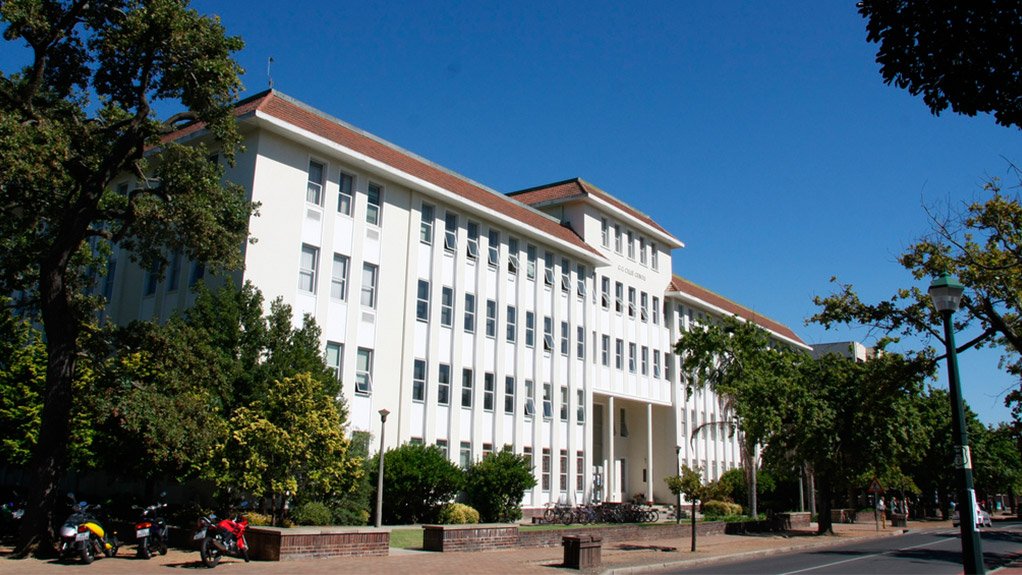All Stellenbosch University (SU) students would be accommodated by the institution’s revised language policies, it said on Sunday.
“One of the principles... accepted by a large majority of votes, was that the English offering should be expanded so that no enrolled student would be excluded from the academic offering,” the university in a statement.
It was referring to the outcome of a council meeting on Saturday.
“At the same time it should be ensured that the Afrikaans offering is not decreased, and that Afrikaans as language of instruction should be further promoted.” Council also said it was in favour of developing and promoting Xhosa as an academic language.
The principles adopted at the meeting would be presented to a group dealing with language revision. The group was asked to consider including them before the new draft language policy was presented to the senate on June 3, council chairperson, George Steyn, said in the statement.
The new draft policy would be discussed and decided upon on June 22.
Steyn described the matter as complex and criticised those in the Council who had liaised with the Afrikaans media.
One-sided reporting
He said an article by civil rights group AfriForum on its website and a linked SMS campaign was a “selective and one-sided reporting of events”.
“The claim in the article that the order by Judge Kate Savage on 19 May 2016 now forces SU to implement its language policy and plan, as well as the language specifications published in the 2016 yearbooks – was in fact an order which SU had accepted and implemented close to two months earlier,” said Steyn.
This week, AfriForum Youth withdrew its court application for the university to halt the revision of its language policy.
In 2015, the university announced that all learning at the institution would soon be in English as it was the common language in the country.
In a statement at the time, the rector's management team on language policy said “substantial academic support” would be provided in other South African languages, according to students' needs.
AfriForum Youth said the proposal disregarded almost half the Western Cape's residents, who spoke Afrikaans.
In March, the organisation filed an urgent application in the Western Cape High Court and claimed that Afrikaans students had been disadvantaged in some faculties as lectures were in English.
EMAIL THIS ARTICLE SAVE THIS ARTICLE
To subscribe email subscriptions@creamermedia.co.za or click here
To advertise email advertising@creamermedia.co.za or click here











